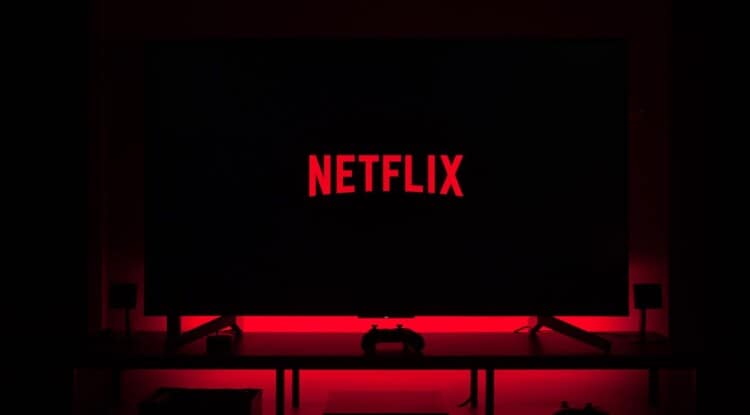Netflix increases price for their service and people will add it to their cost of living costs it seems as the streaming service has added a lot of new users.
The streaming service is removing these movies and TV in October.
Streaming
As we know, Netflix has had a profound impact on the way people consume entertainment, leading to a significant shift away from traditional cable TV and movie rental stores. Its subscription-based streaming model and emphasis on original content have helped it become a global leader in the streaming industry, with millions of subscribers worldwide.
However, the company has faced fierce competition with other Streaming Services, like Amazon Prime Video, Disney+, Hulu, and more. This competition has led to an increased focus on producing exclusive content and international expansion.
Netflix increases price
Netflix has increased the cost of premium subscriptions in the UK.
The ad-free plan now costs £17.99 in the UK – a rise of £2 – with basic plans priced at £7.99. Ad-supported and standard subscriptions remain at their current levels, reports Sky News.
The streaming giant says American and French customers will also be affected.
It seems the crackdown on password sharing that began in May has also led to more sign-ups.
New users
The company has said almost nine million households signed up worldwide between July and September – the biggest surge in subscriber numbers since COVID lockdowns in early 2020.
Netflix History
The company has a fascinating history, which can be summarized in several key milestones:
Foundation (1997): Netflix was founded by Reed Hastings and Marc Randolph in Scotts Valley, California. The idea for Netflix came about when Reed Hastings incurred a late fee for returning a rented movie. This incident inspired the notion of a subscription-based DVD rental service that would eliminate late fees.
DVD Rental by Mail (1998): In 1998, Netflix launched its DVD rental service. Subscribers could rent DVDs online and have them delivered to their homes through the mail. This was a disruptive concept at the time, as it eliminated the need for physical video rental stores.
Monthly Subscription (1999): Netflix introduced its subscription model, allowing customers to rent as many DVDs as they wanted each month for a flat fee, rather than paying per rental. This model rapidly gained popularity.
Initial Public Offering (2002): Netflix went public in 2002, raising capital to support its expansion.
Streaming Service (2007): In 2007, Netflix introduced its streaming service, allowing subscribers to instantly watch a selection of movies and TV shows on their computers. This marked a significant shift in the company’s business model.
Expansion (2010s): Netflix expanded its streaming service internationally, gradually becoming available in numerous countries. It also started producing its original content, including popular shows like “House of Cards” and “Orange is the New Black.”
Emphasis on Original Content (2013-present): Netflix continued to invest heavily in original programming, releasing critically acclaimed series like “Stranger Things,” “The Crown,” “Narcos,” and many others. This approach made the company a major player in the entertainment industry.
First Academy Awards (2020): In 2020, Netflix received its first Academy Award nominations and won Oscars for films like “Marriage Story” and “American Factory.”
Subscriber Growth (2020s): Throughout the 2020s, Netflix continued to experience robust subscriber growth, largely driven by its original content and the expansion of its library.
Related: WHAT’S NEW ON NETFLIX IN OCTOBER ?







